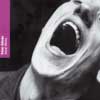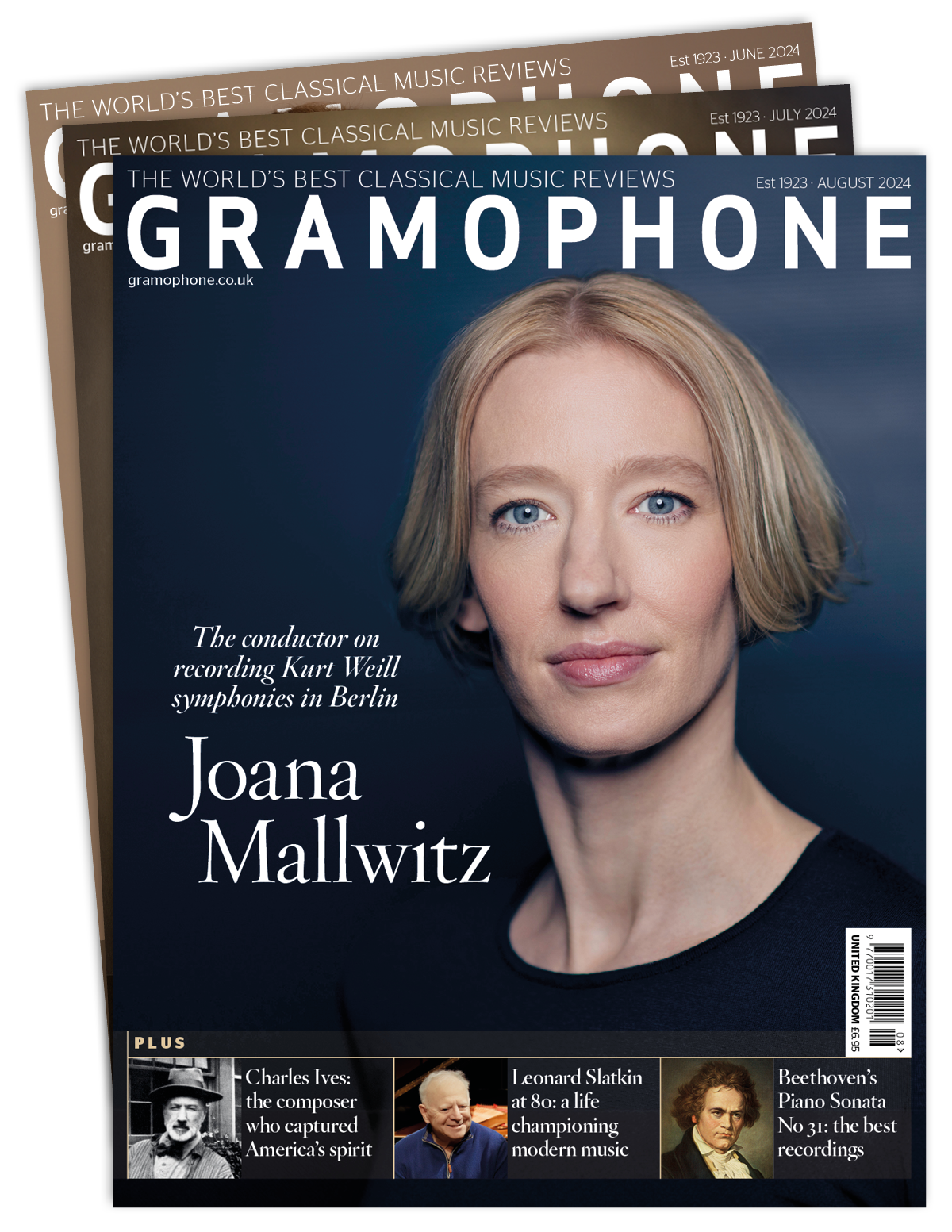Eötvös Vocal Works
stimulating settings with a variety of influences which span Buddhism and ligeti
View record and artist detailsRecord and Artist Details
Composer or Director: Peter Eötvös
Genre:
Vocal
Label: BMC
Magazine Review Date: 10/2002
Media Format: CD or Download
Media Runtime: 57
Mastering:
Stereo
DDD
Catalogue Number: BMCCD038

Tracks:
| Composition | Artist Credit |
|---|---|
| Two Monologues |
Peter Eötvös, Composer
Peter Eötvös, Conductor Peter Eötvös, Composer South West German Radio Symphony Orchestra, Baden-Baden and Freiburg Wojciech Drabowicz, Baritone |
| Harakiri |
Peter Eötvös, Composer
Kaoru Ishii, Zeidar Katsuya Yokoyama, Shakuhachi Peter Eötvös, Composer Shizuo Aoki, Shakuhachi Yasunori Yamaguchi, Percussion |
| Tale |
Peter Eötvös, Composer
Peter Eötvös, Composer Peter Eötvös, Electronics Piroska Molnár, Vocalist/voice Werner Scholz, Electronics |
| Insetti Galanti |
Peter Eötvös, Composer
Peter Eötvös, Conductor Peter Eötvös, Composer Tomkins Vocal Ensemble |
| Cricketmusic |
Peter Eötvös, Composer
András Székely, Electronics Peter Eötvös, Composer Peter Eötvös, Electronics |
Author:
The emergence of Peter Eötvös (b1944) as among the most impressive composers of the middle generation can now be heard on several recordings. The present disc offers a conspectus of his vocal work over the greater part of his career‚ beginning with Two Monologues (1996) reworked from his opera Drei Schwestern (DG‚ 1/00). The typically Chekovian sentiment of individual stagnation set against social upheaval is conveyed in music whose Bergian lyricism and richness of incident makes one keen for a British staging of this absorbing musicdrama.
The remaining items all date back to Eötvös’s years as an innovator of music theatre and in the electronic studio‚ prior to the conducting career which established his name internationally. Harakiri (1973) draws intensively on Buddhist ritual (the text by István Bálint is actually translated into Japanese)‚ with the rhythmical recitation complemented by the microtonal interaction of two shakuhachis (endblown notched flutes). Layered against this‚ however‚ is the timedemarcating presence of a woodcutter – who really needs to be seen as well as heard‚ if the axe strokes are not to become an irritant. Tale (1968) is a radiophonic fantasy‚ its superimposed vocal layers rendered in a way that does not preclude clarity or elegance. The teeming choral textures of Insetti Galanti are in part derived from the electronicallytreated field recordings of Cricketmusic (both 1970)‚ each work anticipating and recalling the capricious worlds of Ligeti’s Nonsense Madrigals and Artikulation respectively.
Performances – conducted‚ supervised or realised by the composer – are uniformly persuasive‚ and Zoltán Farkas’s booklet note is unfailingly informative. Not the best place to begin exploring Eötvös’s music (try Replica on ECM (7/00) or Chinese Opera on Kairos (10/00))‚ but a collection which those already drawn to his distinctive and engaging idiom will want to acquire.
Explore the world’s largest classical music catalogue on Apple Music Classical.
Included with an Apple Music subscription. Download now.

Gramophone Digital Club
- Digital Edition
- Digital Archive
- Reviews Database
- Full website access
From £8.75 / month
Subscribe
Gramophone Full Club
- Print Edition
- Digital Edition
- Digital Archive
- Reviews Database
- Full website access
From £11.00 / month
Subscribe
If you are a library, university or other organisation that would be interested in an institutional subscription to Gramophone please click here for further information.




